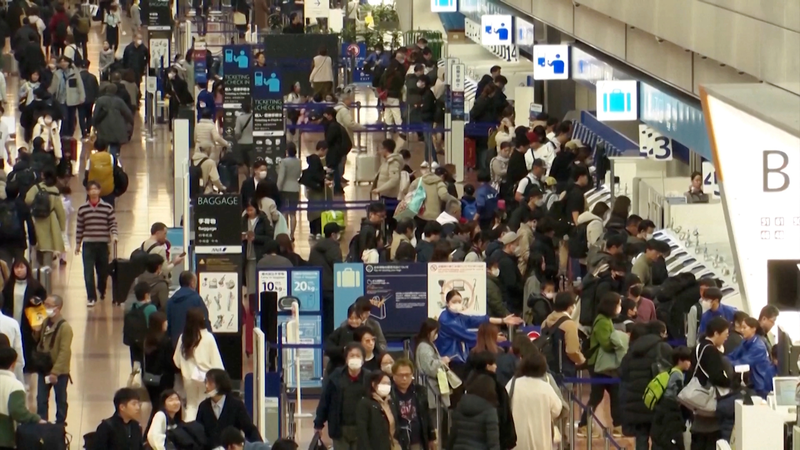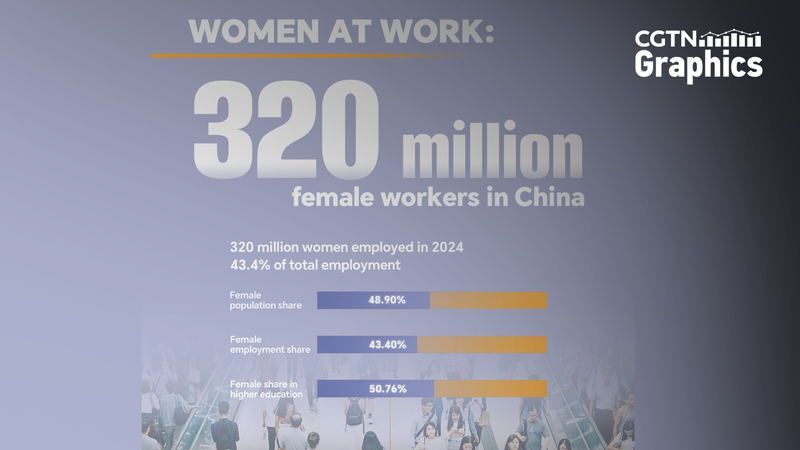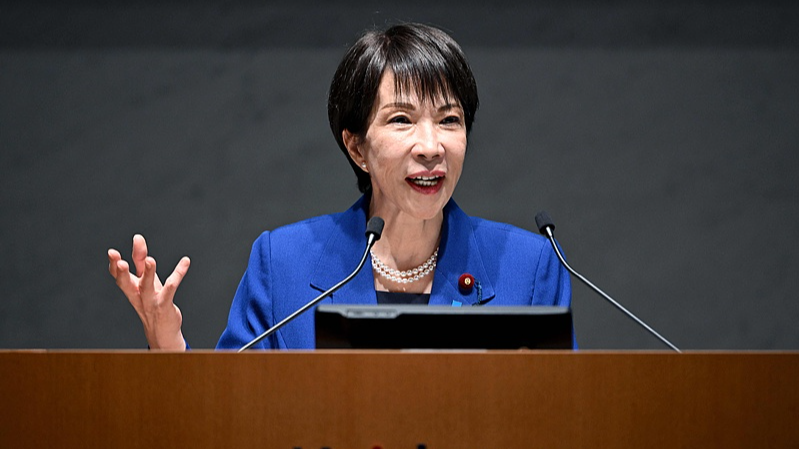On Tuesday, November 18, in Beijing, Liu Jinsong, director general of the Department of Asian Affairs at the Chinese Foreign Ministry, left the ministry building amid a sea of cameras. Moments earlier, he had met Kanai Masaaki, director general of the Japanese Foreign Ministry’s Asian and Oceanian Affairs Bureau. When asked if he was satisfied with the talks, Liu’s reply was succinct: "Of course not."
Later that day, at the ministry’s weekly briefing, spokesperson Mao Ning confirmed that China had lodged stern representations over Japanese Prime Minister Sanae Takaichi’s recent comments on the Taiwan region. Beijing said her remarks violated the one-China principle, undermined post–World War II norms, and damaged the political foundation of bilateral ties.
Since November 15, the Foreign Ministry, Chinese embassies and consulates in Japan, the Ministry of Culture and Tourism, and the Ministry of Education have issued successive alerts urging residents of the Chinese mainland to exercise caution—and later to avoid travel to Japan altogether.
What’s at stake
Tourism and exchange programs are the most visible casualties. Multiple tour operators report a sharp drop in inquiries from the Chinese mainland, with booking requests plummeting since the travel alerts went live. Business and cultural delegations now face uncertainty, and student exchanges could be stalled as universities monitor developments.
The diplomatic frost could also ripple into broader economic ties. Japan is a key destination for tech partnerships and supply-chain visits. Entrepreneurs and startups from G20 nations are watching closely: strained political relations can translate into delayed meetings and postponed investments.
Looking ahead
Tokyo has yet to issue a reciprocal travel advisory, but the chill is already affecting events on both sides of the East China Sea. Analysts say the coming days will test whether smoothing language or high-level engagement can thaw ties before year-end summits.
For young global citizens, travelers, and business professionals, the situation is a reminder of how political rhetoric can swiftly reshape on-the-ground plans. Stay tuned as both capitals navigate a delicate path back to dialogue.
Reference(s):
Takaichi's toxic remarks trigger broad chill in China–Japan exchange
cgtn.com


